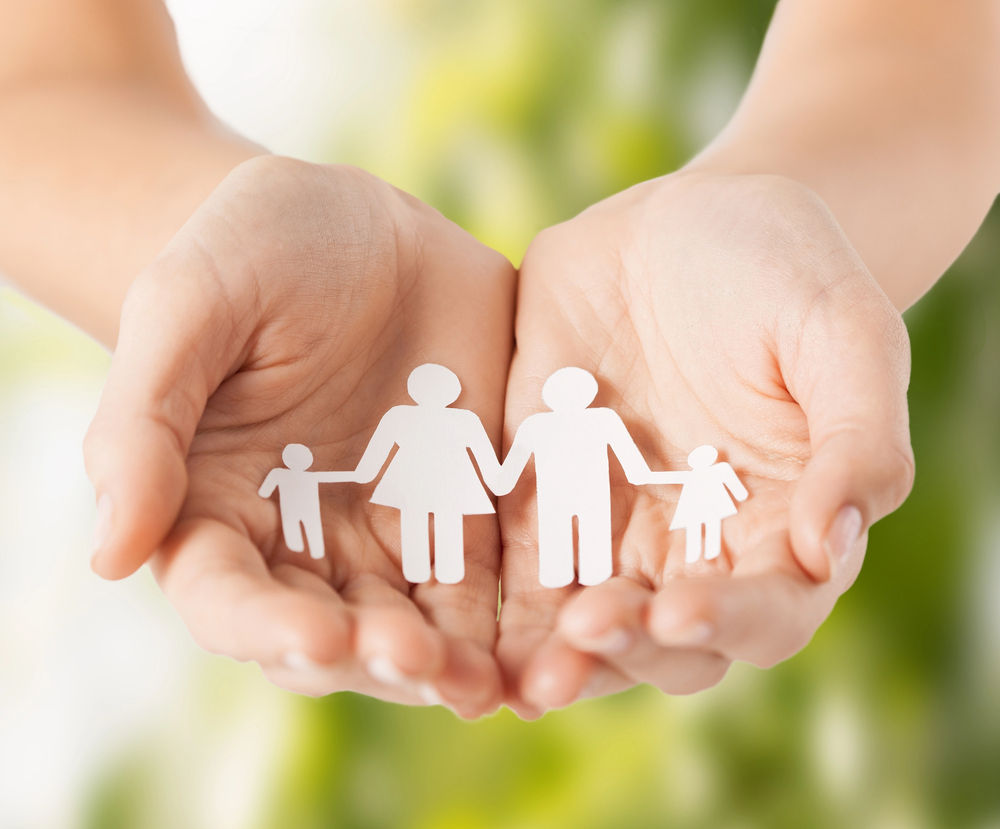Relapse is a formidable challenge in the journey of recovery from addiction, impacting not only the individual struggling with substance use but also their loved ones. At Shades of Hope, we recognize the profound effects relapse can have on families and strive to provide support and guidance through these difficult times. In this blog post, we’ll explore the complexities of relapse and discuss how it affects family dynamics.
Relapse is a common occurrence in addiction recovery, often viewed as a setback rather than a failure. It’s essential to understand that addiction is a chronic condition, and relapse is a potential part of the recovery process. However, this doesn’t diminish the emotional toll it takes on both the individual and their family members.
For families, witnessing a loved one experience a relapse can evoke a range of emotions, including disappointment, fear, frustration, and sadness. There may be a sense of helplessness and confusion as they try to make sense of why the relapse occurred and how to best support their loved one moving forward.
One of the most significant challenges families face in the aftermath of a relapse is navigating feelings of guilt and self-blame. It’s common for family members to question whether they could have done more to prevent the relapse or if they somehow contributed to it. However, it’s crucial to remember that addiction is a complex disease with multiple factors at play, and relapse is not solely the result of external influences.
Communication breakdowns often occur in the wake of a relapse, as both the individual struggling with addiction and their family members may struggle to express their thoughts and feelings openly. Shame and stigma surrounding addiction can further complicate these communication barriers, leading to isolation and resentment within the family unit.
At Shades of Hope, we emphasize the importance of open and honest communication within families affected by addiction. Our therapeutic approach encourages individuals and their loved ones to express their emotions in a safe and supportive environment, fostering understanding and empathy between all parties involved.
Relapse can also disrupt the sense of stability and trust within families, as it may trigger feelings of betrayal and disappointment. Family members may struggle to reconcile their desire to support their loved one with the need to establish healthy boundaries to protect themselves from further harm. Building and maintaining trust can be a challenging process, requiring patience, forgiveness, and a willingness to rebuild damaged relationships.
It’s essential for families to prioritize self-care and seek support from others who understand their experiences. Participating in support groups or therapy sessions specifically designed for families affected by addiction can provide valuable insight, validation, and encouragement during difficult times. By connecting with others who share similar challenges, families can gain a sense of community and solidarity that helps alleviate feelings of isolation and despair.
Another aspect of relapse that affects families is the fear of the unknown. After a relapse, there may be uncertainty about what the future holds and whether the individual struggling with addiction will be able to achieve lasting sobriety. This fear can be paralyzing, leading to heightened anxiety and vigilance as families attempt to prevent future relapses at all costs.
At Shades of Hope, we work with families to develop realistic expectations and coping strategies for dealing with the uncertainties of addiction recovery. Our multidisciplinary approach addresses the physical, emotional, and spiritual aspects of addiction, equipping families with the tools they need to navigate the ups and downs of the recovery journey with resilience and hope.
Ultimately, relapse is a challenging but potentially transformative experience for families affected by addiction. It serves as a reminder that recovery is a lifelong process, with its fair share of setbacks and successes. By approaching relapse with compassion, understanding, and a commitment to growth, families can emerge stronger and more resilient than ever before.
If you or someone you love is struggling with addiction, know that you are not alone. Shades of Hope is here to provide comprehensive support and guidance every step of the way. Together, we can overcome the challenges of relapse and build a brighter future for all.
